Midnight, resume orders with US partners
Mr. Nguyen Duc Hung, Director of Global Food Import-Export Joint Stock Company (Global Company) said that last night, after receiving information that the US President postponed the imposition of reciprocal tariffs on Vietnam, his company proactively contacted partners to reconnect export activities.
“ Our partners announced a temporary suspension of importing our company’s goods 3 days ago. However, after receiving information about postponing the 46% reciprocal tax on Vietnam, we proactively reconnected with our partners in the US. This morning, many partners also contacted us to negotiate a plan to continue importing goods from Vietnam ,” Mr. Hung happily said.
However, according to Mr. Hung, Toan Cau's export activities to the US cannot return to normal immediately because the parties are renegotiating the price of goods to suit the current situation.
“ Previously, our agricultural products had a tax rate of 0. At present, although the 48% tax rate has been postponed, the applied tax rate is still 10%, a significant change compared to before. The parties are sitting together to rebalance the price for this 10% tax, each party will accept to bear a little so that the import of goods can continue, ” Mr. Hung informed.

Many Vietnamese businesses resumed interrupted orders after the US temporarily suspended reciprocal tariffs. (Illustration photo)
Although he has resumed export orders to the US, Mr. Hung still affirmed that the 3-month tax deferral as announced by the US is an opportunity for Vietnamese businesses to find ways to expand their markets as well as have restructuring plans to adapt to the condition that the US still applies a 46% tax rate.
He emphasized that this is also a sensitive time, and export businesses need to pay attention to avoid unnecessary problems during the tax reduction negotiation process. “ The postponement of high tax rates for 3 months may cause many businesses to seek ways to push as many goods as possible to the US. Notably, the US is always afraid that Vietnam will become a transit center for goods if it is subject to low tax rates.
Therefore, I think that during this time, Vietnamese businesses need to limit exports and bring goods originating from other countries to the US. This can significantly affect Vietnam's negotiation process on tax reduction. Instead, businesses need to actively export high-quality Vietnamese goods to prove their position, "Mr. Hung recommended.
Meanwhile, Mr. Nguyen Dinh Tung - General Director of Vina T&T Group (Vice President of Vietnam Fruit and Vegetable Association) also said that right after the information about the tax postponement, his company received a call from the US partner at 3:00 a.m. (Vietnam time) requesting to restore normal export orders.
“ Previously, our fruit and vegetable products were subject to a tax rate of 0-5%. After the 46% tax was postponed, the tax rate for this product is 10%, a significant increase. However, our partners still accept this cost difference, so our orders will continue to be fulfilled instead of being postponed as planned a few days ago ,” said Mr. Tung.
From the experience of the past few days, Mr. Tung emphasized that the 90-day suspension of the US reciprocal tax is a valuable time for exporting enterprises to have more time to negotiate with partners. In addition, enterprises are also looking to expand export markets, targeting the Chinese, Japanese, Korean, Canadian, and Halal markets...
Find more potential markets
Besides the joy of resuming orders when the US temporarily suspended tariffs, businesses still do not forget the strategy of finding new export markets to avoid risks and develop sustainably.
According to Mr. Nguyen Duc Hung, his company has determined to boost exports to Japan and Europe in the near future. “In the immediate future, we will boost exports to the familiar markets above and then expand to new markets. In my opinion, there are still many potential markets,” Mr. Hung said.
Finding new markets will take some time, but this is an opportunity for his business to restructure and find a new direction.

Vietnamese export enterprises quickly seek new markets to avoid risks. (Illustration photo)
Ms. Nguyen Phuong Thao - CEO of Garment Corporation 10 - also shared information that Garment Corporation 10 is diversifying markets outside the US such as the EU, Japan, Australia and other markets.
"We must find the fastest way to diversify export markets to reduce dependence on the US, and take advantage of free trade agreements (FTAs) to develop new markets ," said Ms. Thao.
Sharing the same plan, but according to Mr. Pham Xuan Hong - Chairman of the Ho Chi Minh City Textile and Embroidery Association, Chairman of the Board of Directors of Saigon 3 Garment Company - expanding the market and reducing dependence on the US, although the enterprise has been proactive, it cannot be done overnight. Therefore, Mr. Hong's direction right now is to increase exports to markets where the enterprise is selling well such as the EU, Japan, New Zealand... to be more stable.
We must find the fastest way to diversify export markets to reduce dependence on the US, taking advantage of free trade agreements (FTAs) to develop new markets.
Ms. Nguyen Phuong Thao - CEO of Garment 10 Corporation
In the field of agricultural exports, Mr. Tran Huu Hau, Deputy General Secretary of the Vietnam Cashew Association, said that over the past 10 years, the US has always been the number 1 export market for Vietnamese cashews, accounting for about 25-27% of total turnover. In 2024 alone, we will export nearly 160,000 tons of cashews to the US, worth more than 940 million USD.
Faced with the new developments, the association has been working with businesses to open new markets, targeting potential markets such as the Middle East. “ Now, businesses are immediately adjusting their export plans, focusing on the Middle East market and being more aggressive in exploiting new markets.
The Middle East is a large market, the cashew industry has exploited but not much. We will turn to this market to boost exports, which can partly compensate for the cashew output exported to the US. With this plan, the Vietnamese cashew industry will have a chance to stabilize , "Mr. Hau emphasized.
A representative of a sports equipment manufacturing company exporting to the US also confirmed that the company had made plans early on, preparing for all eventualities to minimize the impact.
Specifically, his company has factories in many different countries. For signed orders, the company will negotiate with factories located in low-tax countries (like Mexico), then ship the goods to the US. In the long term, the company will develop more factories in several different countries to minimize risks, including tariff issues.
Mr. Ngo Sy Hoai, Vice President and General Secretary of the Vietnam Timber and Forest Products Association, proposed a solution for businesses in the industry: "We can import roundwood and sawnwood from the US and saw, dry, and then export to other markets. If there is a flexible policy, we can eliminate or significantly reduce import tax on roundwood from the US to increase wood consumption in this country."

Cashew exporting enterprises plan to exploit the Middle East market. (Illustration photo)
Opportunity for restructuring
Prof. Dr. Nguyen Trong Hoai - Ho Chi Minh City University of Economics - believes that the US tax policies should be viewed as an opportunity for technological restructuring. Vietnamese enterprises need to increase the localization rate of domestic enterprises. Currently, Vietnam's localization rate is on average 60%, but in electronics and computers, the localization rate is only 40 - 50%.
Sharing the same view, Mr. Thai Nhu Hiep - Chairman of the Board of Members and Director of Vinh Hiep Company Limited, founder of the L'amant Café brand - analyzed: It is not only now that exporting goods to the US market is difficult, but before that, competition was very fierce.
Therefore, businesses should consider this an opportunity to accelerate the search for other markets such as Japan, Europe, etc., so as not to depend on any one market. " When we can compete, we will not hesitate to let the US impose high taxes ," said Mr. Hiep.
Mr. Mac Quoc Anh, Vice President of the Hanoi Association of Small and Medium Enterprises (Hanoisme), also emphasized that this context is a pressure forcing businesses to urgently transform their production and business models, towards sustainable development and proactively participating in the global value chain.
Mr. Quoc Anh recommends that businesses should always closely monitor market movements, tax policies, and import-export regulations in both the US and other markets; at the same time, maintain regular communication channels with partners to respond quickly and flexibly.
Source: https://vtcnews.vn/my-gian-ap-thue-46-doanh-nghiep-viet-noi-lai-don-hang-tim-them-thi-truong-moi-ar936704.html


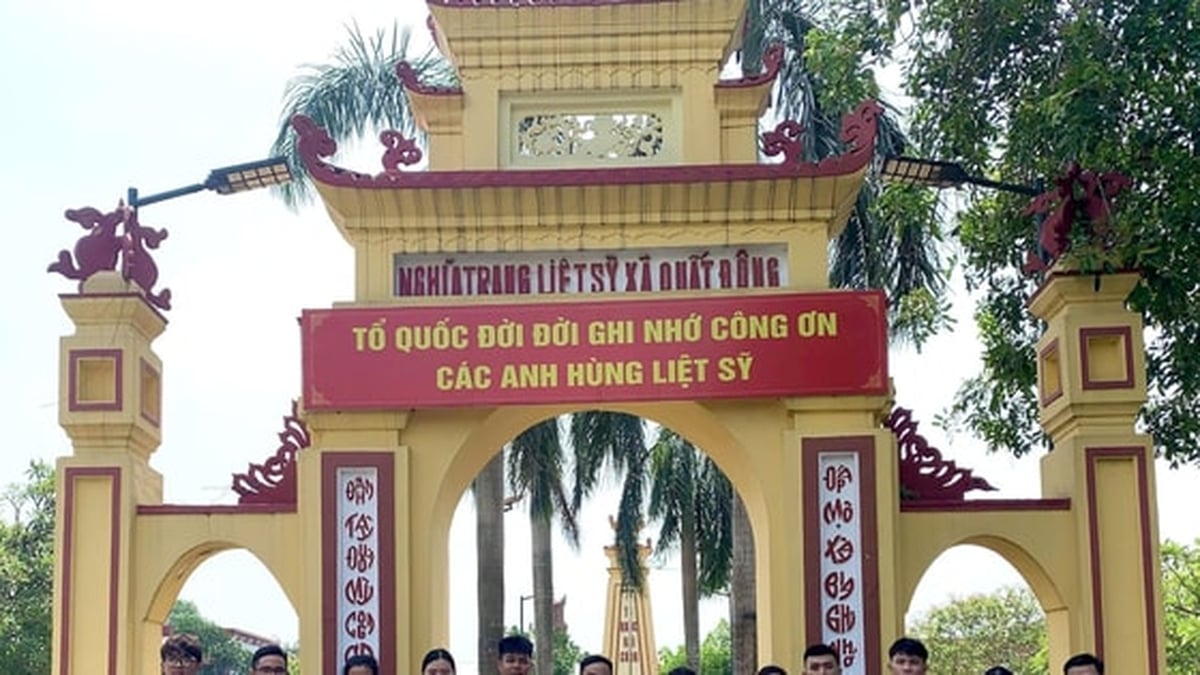

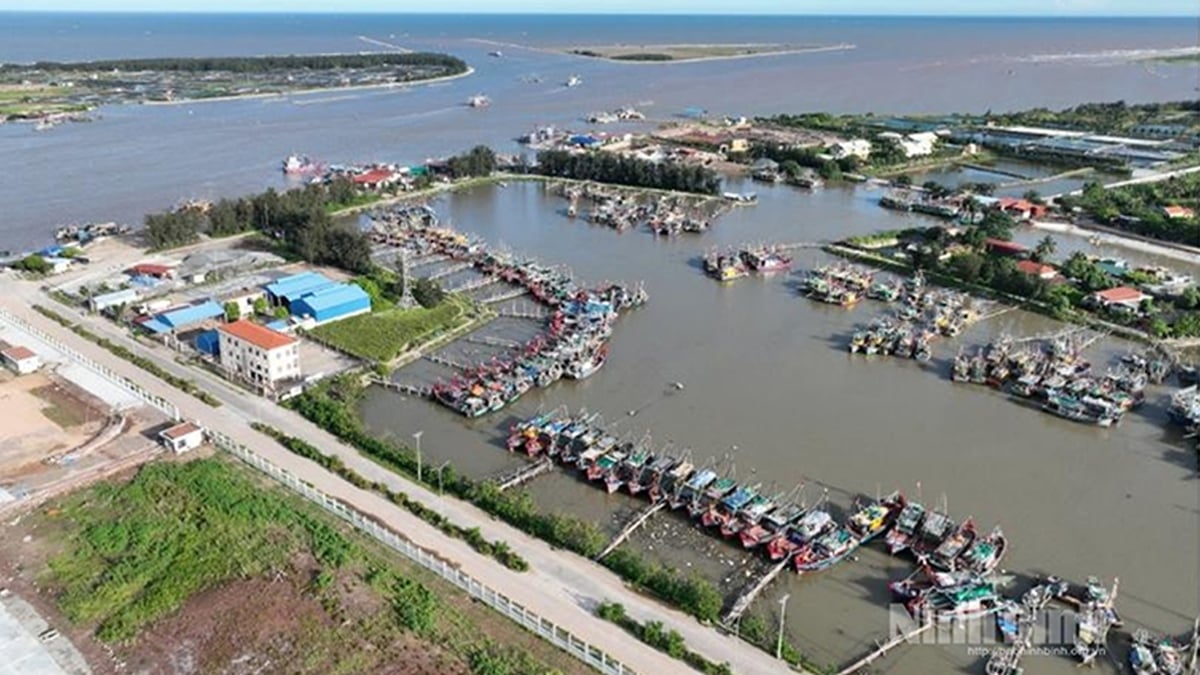


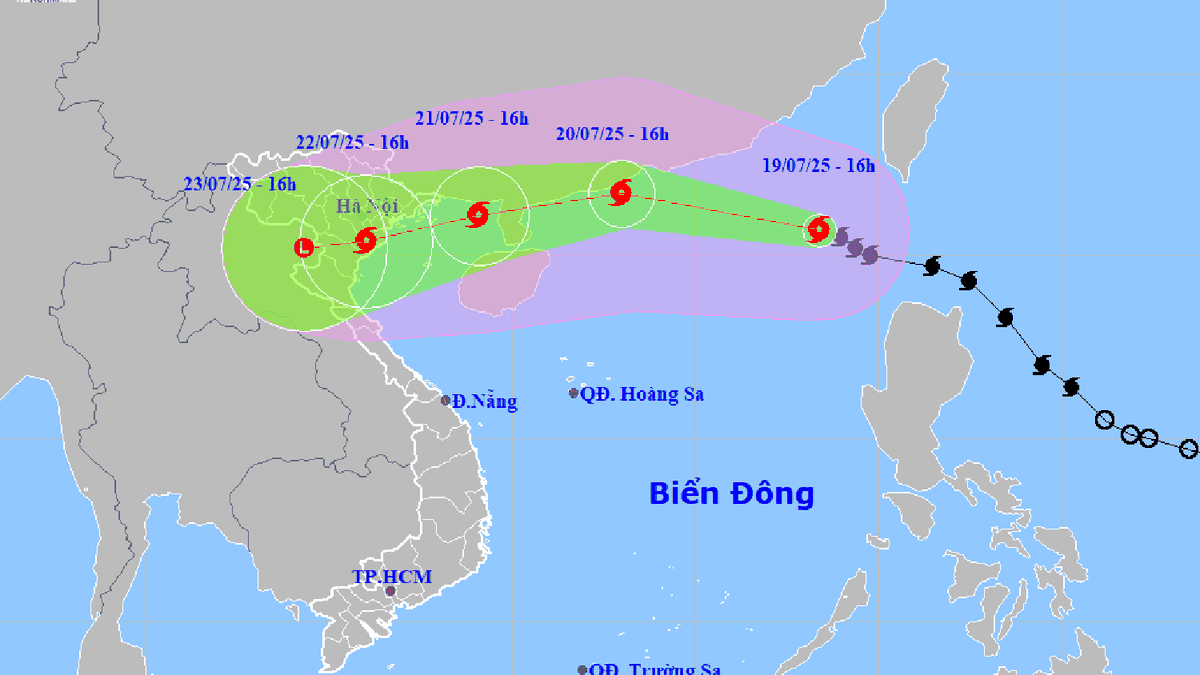

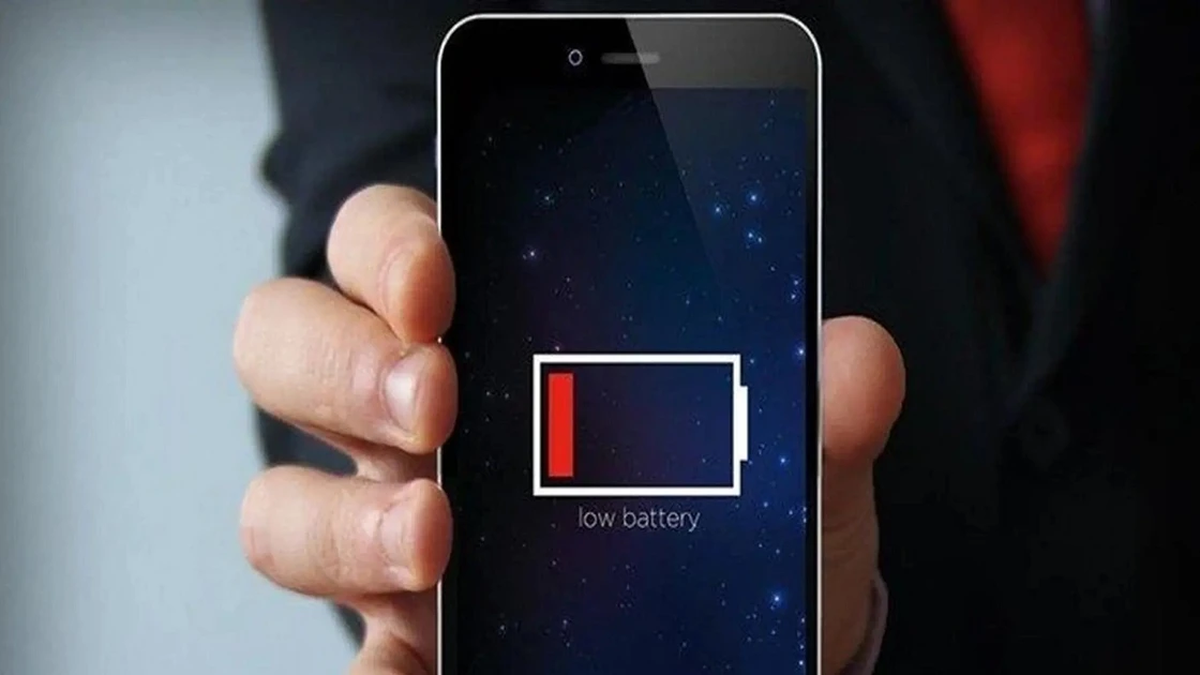
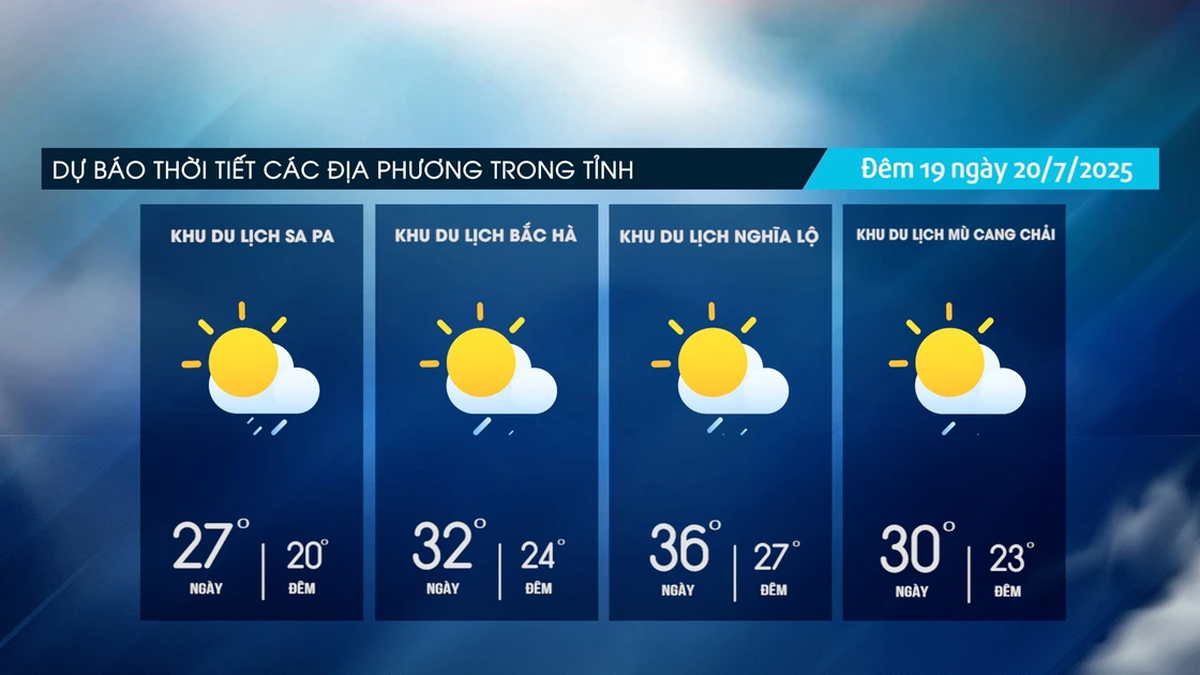
























































































Comment (0)